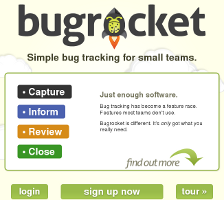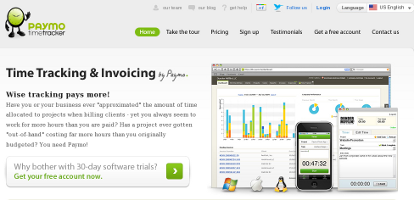 ICANN stands for Internet Corporation for Assigned Names and Numbers. It is the current regulatory authority that governs domain names and numerical addresses on the Internet. The organization has a mandate from the United States department of defense to govern these areas of the Internet.
ICANN stands for Internet Corporation for Assigned Names and Numbers. It is the current regulatory authority that governs domain names and numerical addresses on the Internet. The organization has a mandate from the United States department of defense to govern these areas of the Internet.
A major change is about to happen regarding how webapps are addressed: until now, most of the domain names that hosted popular webapps had endings in .com, .net, .org or other less-popular endings, out of a total of 22 possible values. On June 20, 2011, ICANN voted to end those restrictions. As a result, a process was started under which individual corporations can apply to receive and maintain custom domain name endings, such as .google or .bing.
The limiting factor in generating new domain name endings is the cost involved. The one-time application fee is $185,000, and annual charges are, at a minimum, $75,000 per each ending. Nevertheless, for big corporations, these fees represent insignificant monetary levels. The new gTLD application window opened on 12 January 2012 and closed on 30 May 2012. During the application window, 1,930 domain name endings were submitted (and paid) in the ICANN system, with several entries belonging to well-known software and Internet companies.
The process met strong opposition from Internet activists and web technologists around the world. In a famous blog post, Ben Werdmuller argues that specific domain name endings such as .book or .blogs belong to communities around the world, which don’t have the material or legal resources to unite and protect their interests in front of big corporations with large amounts of cash. Others say that it will create more confusion and that the decline of DNS further strengthens the position of a few gatekeepers – Google on the web, Apple on the phone. “If it’s not searchable, it doesn’t exist”.
The application process was affected by a security bug, due to which some applicants were able to see information belonging to others. On 21th of June 2012, ICANN announced that Michael Salazar, New gTLD Program Director, resigned from his position.





